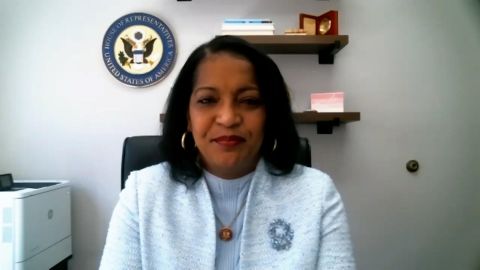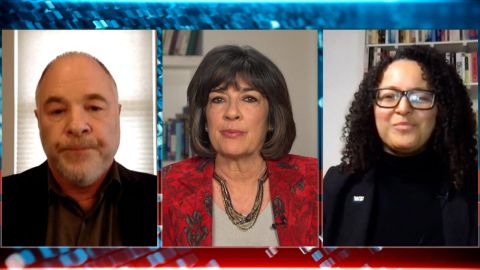Read Transcript EXPAND
JACKSON KATZ, ANTI-VIOLENCE EDUCATOR: And, currently, the mainstream conversation about this subject uses passive voice all over the place, where there’s nobody doing it. So, for example, violence against women, which is a bad thing that happens to women, it’s really a passive construction. There’s no active agent. Nobody’s doing it to them. They’re just experiencing it, kind of like the weather. But if you say men’s violence against women, it’s more active, it’s more honest. Or we say things like how many women were sexually assaulted last year or how many women were raped or how many girls in school were sexually harassed, rather than, how many men raped women, or how many boys sexually harassed girls? I mean, using active language is a way of shifting the accountability and responsibility where it belongs. And, by the way, I don’t, I don’t think that that’s an anti-male in any way. I think it’s just honest. And I think it’s well beyond time that we have more men who are willing to be honest, look this in the face, look — see the statistics. We have been hearing about it for decades. It’s not a new thing. And the MeToo movement was an acceleration of what already existed, because it gave especially young women a voice that they didn’t have previous. But a lot of us knew about this for decades, how big a problem this was. There’s no way that men can look away and say, well, this is not really an issue that affects me, or it’s not really my issue. It’s time, it’s well past time that we have more men who have the courage and the strength to step up and join with women like Mandu and other women all over the world and support them politically, socially, interpersonally, and every other way.
CHRISTIANE AMANPOUR: Let me get you, Mandu, to respond to that, and particularly because, in the aftermath of Sarah Everard’s murder, there have been a huge number, an explosion of women online talking about the protective measures that they take every single day, every time they leave their house. And let me just read one of these tweets: “We change our routes home. We cross the road to avoid being catcalled. We change our clothes. We hold our keys in our fist. We wear trainers so that we can run. We have our friends on speed dial. We get taxis to avoid walking at late night. Women are not the ones who need to change.” That’s obviously what Jackson has said.
MANDU REID: Yes.
AMANPOUR: But, also, Sarah did all the things that she was meant to have done to stay safe. How much of that is an issue, and particularly in the way that Jackson has framed it?
REID: I think what Jackson said is very powerful. I suppose the issue is, Jackson is still a rare voice, and certainly a rare voice in the tier of individuals who hold real power that could actually create the sort of structural and systemic and radical changes that would start to create the foundations for our culture to evolve and change and improve, so things get better for women in this respect.
About This Episode EXPAND
Anthony Costello; David Spiegelhalter; Mandu Reid; Jackson Katz; Jahana Hayes
LEARN MORE


